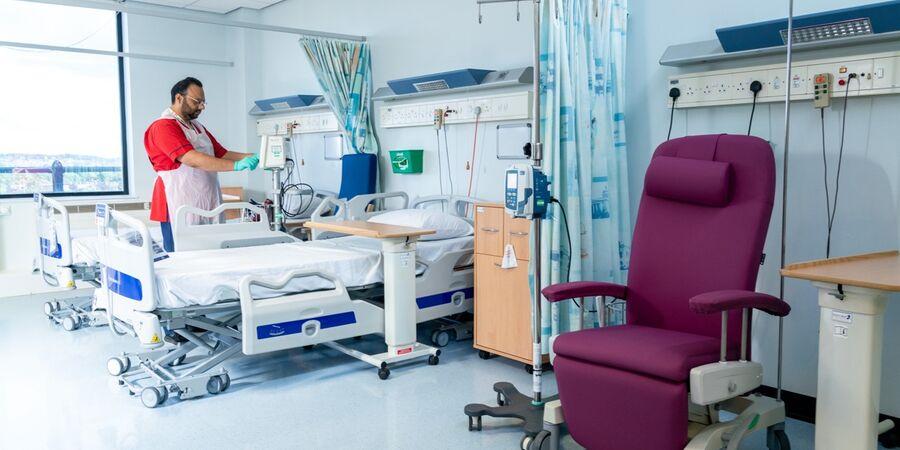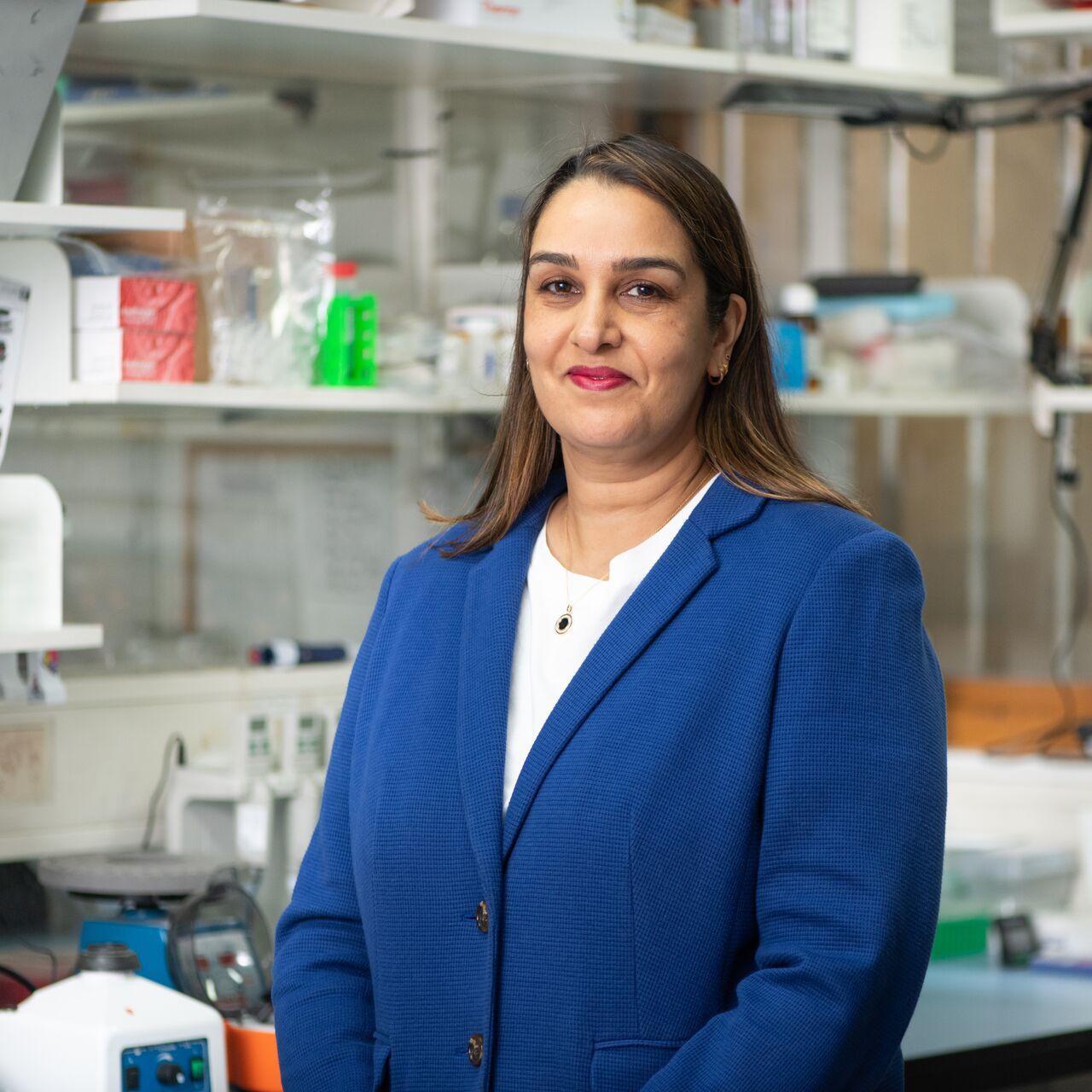At Anthony Nolan we've been saving and transforming lives for 50 years now. Research is an essential part of this work – it's the only way we can work to improve every patient’s chance at surviving and thriving after a stem cell transplant.
This year we launched our brand-new research strategy which sets out plans for the next five years of progress. Read on to find out about some of our most exciting research highlights so far.
Celebrating 25 years of technology trendsetting
You may have caught that this year was our 50th anniversary. As well as celebrating this major milestone, 2024 marked the 25th birthday of one of our most important research tools: the HLA database.
The database records all the known variations of the HLA genes, which are used to find lifesaving matches for patients. This makes the database an essential tool for clinicians who are delivering transplants, and for scientists who are carrying out research to improve outcomes for future patients. In fact, it’s viewed over million times a year, and anyone who has received a transplant – whether stem cell or solid organ – has most likely benefitted from its existence.
But we aren’t stopping our research innovation there. This year, we also announced a £1 million contribution to the new not-for-profit clinical trials organisation, ACT (Accelerating Clinical Trials Ltd). ACT's aim is to accelerate blood cancer clinical research in the UK to hopefully lead to new and improved treatments – so watch this space!

Launching the UK’s largest quality of life study for transplant patients
While a stem cell transplant is a life-saving treatment for many patients, offering them a second chance at life when they may have run out of other options, it is an intensive treatment that can have major impacts on people's quality of life.
We want to ensure all patients survive and thrive after a transplant. That’s why we launched SEQoL – the UK’s largest study aiming to understand the impact of a stem cell transplant on quality of life, and how this may be influenced by socioeconomic factors like education, income and housing.
Our researchers will be collecting data from stem cell transplant patients across the UK over the next three years to understand how the treatment has affected them – from their mental health, to their relationships with others, and their financial wellbeing – to make sure we can give patients the best possible support after their transplant.

Announcing our life-saving cell collection centre
Collecting stem cells from donors on time is a key part of the transplant process and helps make sure patients have the best possible outcomes, but a global shortage of specialist facilities means as many as 4 in 5 donations are delayed.
That’s why we announced our plans to open our very first dedicated stem cell collection centre. As well as helping make sure more life-saving donations happen at the best possible time for patients, the centre will support the research and development of new cell and gene therapies.
Cell and gene therapies are an exciting new area of treatment that involve genetically modifying cells to treat the underlying causes of diseases – like the therapy exa-cel, which was approved for patients with the blood disorder thalassaemia earlier this year. Unlike a donor stem cell transplant, which uses cells from a healthy donor, exa-cel involves genetically editing the patient’s own cells which are re-infused into them to ‘cure’ the disease.

Uncovering and addressing inequities in stem cell transplants
We know that not all patients have equal access to, experience of, and survival after a stem cell transplant. This year, pioneering research from Anthony Nolan demonstrated for the first time that these inequities mean patients of Black, Asian and other minority ethnic heritage are less likely to survive following a stem cell transplant.
The study is the largest ever in the UK to look at the role of ethnicity on stem cell transplant outcomes. While it couldn’t tell us why these inequities exist, the results will be important to inform our future research to understand and address the causes of inequities.
One thing we already know the importance of to give everyone the best chance of finding a match is ensuring we have more people from minority ethnic backgrounds on our register. That’s why this year we announced our collaboration with DATRI, India’s largest stem cell register. We’re supporting them to recruit an additional 10,000 Indian donors who could go on to donate to patients in India or anywhere in the world, including the UK - where South Asian patients make up the largest minority ethnic group.
Read Pradeep’s story to find out what this kind of collaboration could mean for someone like him.

Find out more about Anthony Nolan’s research, or donate to help make our lifesaving work possible.